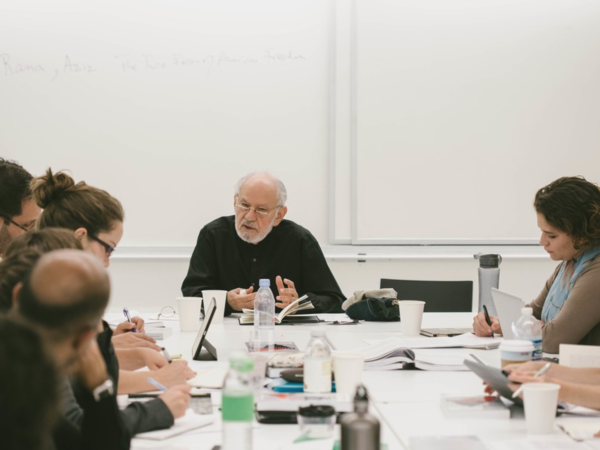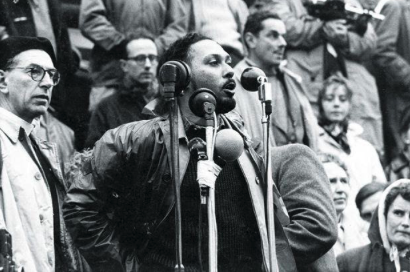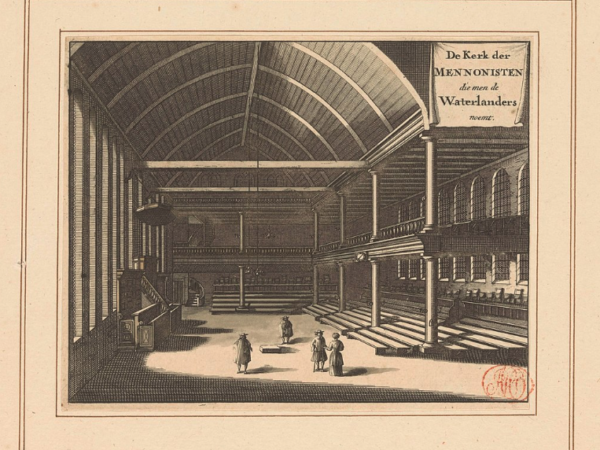
There is the rising emergence of a new breed of women protesters in Hong Kong—women who are fearless in the face of escalating brutality from the police and authorities. They remind us of the women in Galilee in the Gospel who were so brave and caring and overcame community pressure and even the fear of execution.

The emplacement of fear and terror in the soul is what I am calling the maiming of psychic life. It is this sense of injury that extends Puar’s moving account of the violence suffered by Palestinians as they are transformed into a debilitated population to what secular sovereign power enacts on Muslims, Arabs, and “Muslim-looking” bodies writ large.

The coexistence of numerous means of resistance in Hong Kong underscores the limitations of the violent/nonviolent dichotomy, pointing out that achieving social change is not either peaceful or militant but can be both, depending on the context. It also raises questions to Christian theologians and ethicists regarding the justification (or perhaps critique) of coexistent ways of resistance in facing authoritarian regimes.

“‘I think that the ways that we move through time and space and objects move through time and space connects us…They can occasion a kind of connection.’ It is ‘our tender care’ for these objects, not merely their proximity to violent suffering, that transforms them into sacred objects.”

As Puar illustrates, debility ensures future sources of profitable capacitation in the name of liberal democracy and liberal rights bearing subjects. I am interested in what can be gained by attending to religion in this constellation, with the goal of further elaborating the dialectic of material and belief that engenders debility.






